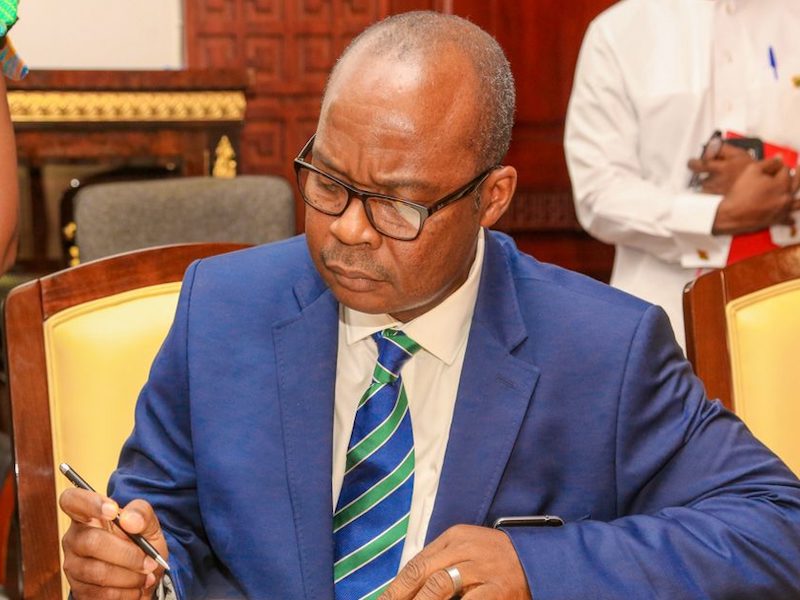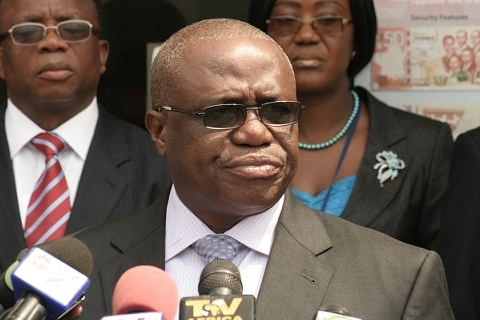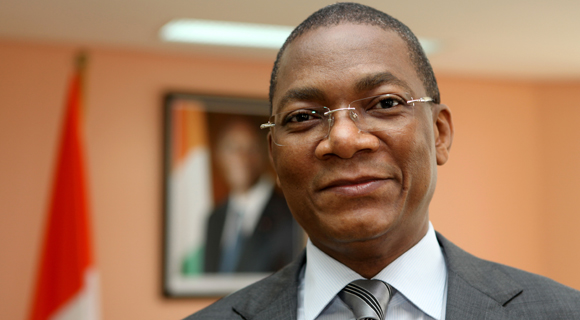
Ghana News-The Head of Payment System at the Bank of Ghana (BoG), Dr Settor Amediku, has said the central bank wants to further deepen financial inclusion by increasing the percentage of financial inclusion in the country from 58 per cent as of the end of 2017 to 75 per cent by the close of 2023.
That, he said, would ensure effectiveness in the monitory policy of the central bank since price decisions did not have any significant impact when majority of the population were not included in the financial system.
“With the increasing demand of consumer convenience through digitisation of banks, the BoG seeks to leverage on the potentials of digital banking to include more people in financial system to make the monitory policies that are undertaken by BoG to become effective,” he stated.
“However, this calls for specified regulations to supervise the operation of payment service providers and fintechs in the country to ensure that there is an orderly developing ecosystem,” he added.
At the City Business Festival’s Fintech Summit in Accra on June 14, Dr Amediku said passing the Payment System and Services Bill into an act would regulate the financial environment for discipline which would ensure the stability of the financial system.
“When Parliament passes the Payment System and Services Bill into an Act, minimum corporate governance, anti-money laundering issues and data protection will be checked by the central bank,” he stated.
Payment systems and Service Act
The BoG in 2003 promulgated a Payment System Act which was to help develop the payment system in the country. Unfortunately, the bank was so focused on infrastructure such as creating the Ghana Interbank Payment and Settlement System (GhiPSS), whose core mandate was to implement and manage interoperable payment systems infrastructure for banks and non-bank financial institutions.
With this, the payment system did not inculcate technology, innovation and consumer demand for convenience; therefore, the bank needed to review the act and guidelines to address the new payment systems such as mobile money and other fintechs in the payment ecosystem.
This called for the merger of regulations and guidelines into one form of legislation which now awaits Parliament’s approval to become an act which will regulate fintechs and other payment service providers.
Dr Amediku said the passage of the bill would also allow the BoG to license payment service providers and fintechs when the bank was satisfied that applicants had met the licensing criteria as stipulated in the act and any other requirements specified by the bank.
That, he mentioned, would ensure that people were included through the usage of mobile money and other financial technology platforms, and lead to the development of products such as insurance, pension and investments.
“Looking at the way Ghana is moving in terms of payments, aided by technology and innovation which is being driven by consumers’ demand for convenience, we are sure to meet our 75 per cent target by the end of 2023,” he stated.
“We see technology impacting our roles with respect to the oversight of banks. Technology will continue to impact how the monitory policy framework is conducted as we go forward,” he added.
Licensing of fintechs
Dr Amediku stated that there were 71 financial technology service provider firms (fintechs) that were already operating with banks in the country without any form of regulation.
The passage of the Payment System Bill would give the BoG the supervisory role to regulate fintechs to ensure that their operations were in line with best practices.
He emphasised that the bill was not aimed at displacing any fintech since they held a critical and vital position in job creation and economic development.
“We will guide the fintechs in an orderly manner to make sure they meet our requirements. There is going to be collaboration because we believe that fintechs are very critical; so we need to support them to create jobs and expand the economy,” he said.
Transformational strategym
The ProductDevelopment/Relationship Manager of Fidelity Bank, Dr William Derban, added that financial inclusion should not just be limited to the formation of financial services, rather it should come up with solutions that would address some aspects of human life.
That, according to him, could be done through a transformational strategy which would focus on combining the financial sector to the health, education and other sectors of the economy for the benefit of consumers.
He, therefore, urged the various stakeholders in the financial and technology sectors to collaborate and form a resilient and robust financial system through partnerships.
What do you think about this piece? Share your comment in the comment thread and share the story using the social media buttons above. Thank you.





